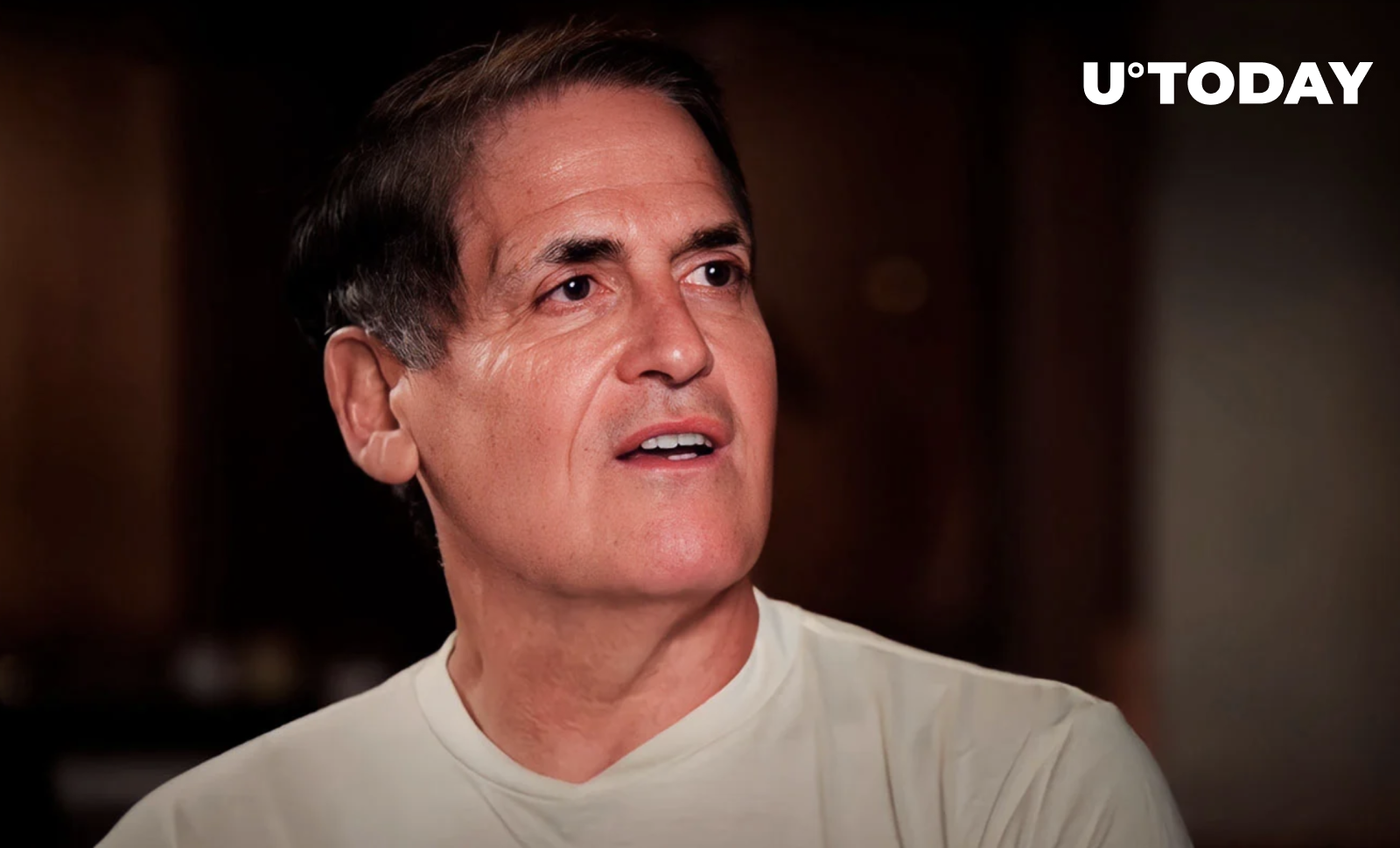Billionaire Mark Cuban has once again leaped to the defense of the cryptocurrency world while exposing alleged flaws in the conventional banking system. The Dallas Mavericks owner, a vocal proponent of cryptocurrencies, took aim at the criticism levied by John Reed Stark, a former official with the Securities and Exchange Commission (SEC).
Cuban highlighted what he sees as an irony in Stark’s criticism of ‘groupthink’ among cryptocurrency users.
He pointed out that ‘groupthink’, the phenomenon where a group of people make decisions collectively, essentially saved depositors of Silicon Valley Bank and other institutions when oversight and regulation failed. “What saved those depositors was GroupThink… Regulation and oversight couldn’t prevent the velocity of GroupThink for those banks. It failed,” Cuban tweeted.
In addition to this, Cuban also revealed a controversial practice within the banking industry. He stated that the Federal Deposit Insurance Corporation (FDIC) and other regulators have been allowing banks to work around the FDIC’s insurance limit of $250,000.
According to Cuban, banks cross-deposit in FDIC insured institutions to ensure deposits of up to $1 million are fully insured. “The FDIC or feds didn’t change the deposit insurance program. They let banks continue to use a work around that allows banks to effectively circumvent the FDIC insurance limit,” he wrote.
Cuban’s remarks were in response to Stark’s assertion that banks offer more protection than cryptocurrency firms. Stark argued that, unlike banks, crypto firms lack insurance, regulatory oversight, and consumer protections among other safeguards. However, Cuban’s tweets challenge the perceived security of banks, raising questions about current regulatory practices and the real-world implications for depositors.











